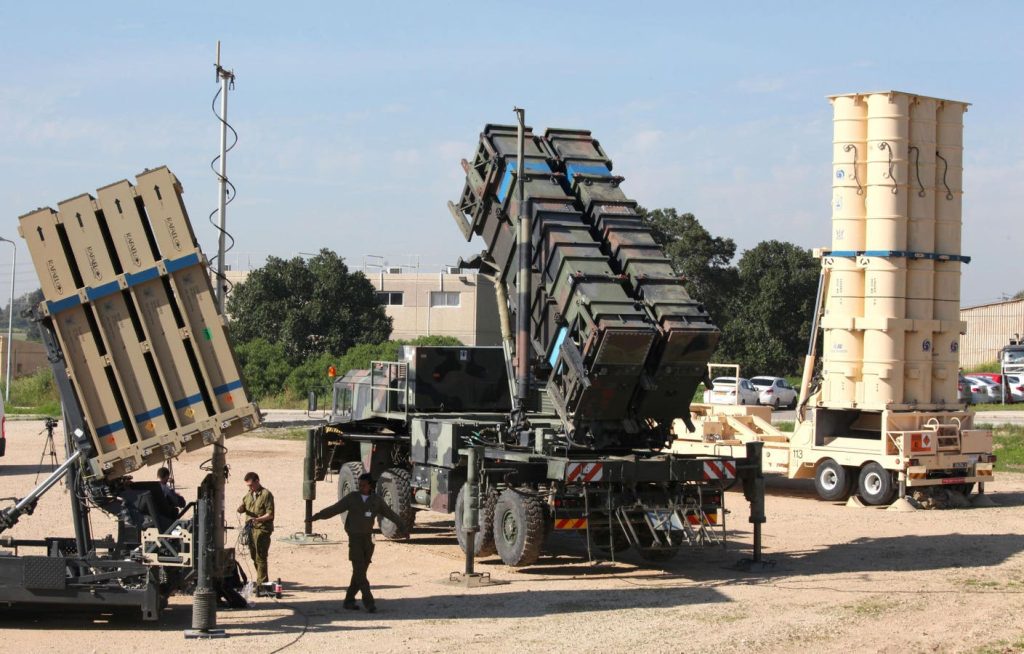Israeli air defenses have greatly improved since the last significant ballistic missile attack in 1991. With Iran now possessing a larger and more sophisticated ballistic missile arsenal, tensions are high as Israelis prepare for a potential retaliation following the assassination of a senior Iranian general. The powerful Iranian Revolutionary Guards Corps’ extraterritorial Quds Force was targeted in unclaimed airstrike in Syria, resulting in Iran vowing revenge on Israel. U.S. President Joden Biden is anticipating an Iranian attack on Israel and believes it may happen soon, with Washington expecting Iran to attack Israel directly rather than using regional proxies.
Although Iran has the largest arsenal of ballistic missiles in the Middle East, it may choose to use longer-range missiles in a direct attack on Israel. Israeli media estimates that ballistic missiles from Iran would only take 12 minutes to reach Israel, compared to two to nine hours for cruise missiles and drones. While Iranian proxies have previously targeted Israel with drones and cruise missiles, analysts believe Iran may now opt for a more direct strike in response to the recent assassination. Potential targets could include Israeli airbases hosting F-35 stealth jets, as suggested by Iranian state media.
Israel’s air defense systems have significantly improved since the 1991 Persian Gulf War, when Iraq launched 43 Scud missiles at major Israeli cities. Although the earlier Patriot missiles deployed by the U.S. proved largely ineffective against the Iraqi Scuds, today’s systems are much more capable of intercepting ballistic missiles, as evidenced by recent conflicts. Israel now has the Arrow-2 and Arrow-3 missile defense systems in service, along with the mid-range David’s Sling and short-range Iron Dome systems. Additionally, Israel’s missile strike capabilities have advanced, with the Jericho-3 ballistic missile believed to have a range of 3,000 miles.
If Iran does choose to attack Israel with ballistic missiles, they will face a formidable defense system that includes advanced interceptors. While some missiles may evade interception and reach their targets, Israel’s defense systems are equipped to handle a variety of threats. Iran’s simulated missile attack against an Israeli airbase replica in the Iranian desert indicates a potential focus on targeting facilities hosting F-35 stealth jets. The possibility of such a direct attack underscores the need for Israel to maintain a strong defensive and offensive capability to counter any potential threats.
The current situation highlights the escalating tensions between Iran and Israel, with the possibility of a direct attack looming. Israel’s advanced air defenses and missile strike capabilities have evolved significantly since the 1991 Gulf War, providing a strong deterrent against potential threats. Iran’s increased missile capabilities and threats of retaliation will test Israel’s defenses, but the country is well-prepared to handle such challenges. As both sides navigate the complex dynamics of the region, the world watches closely to see how the situation unfolds in the coming days and weeks.















